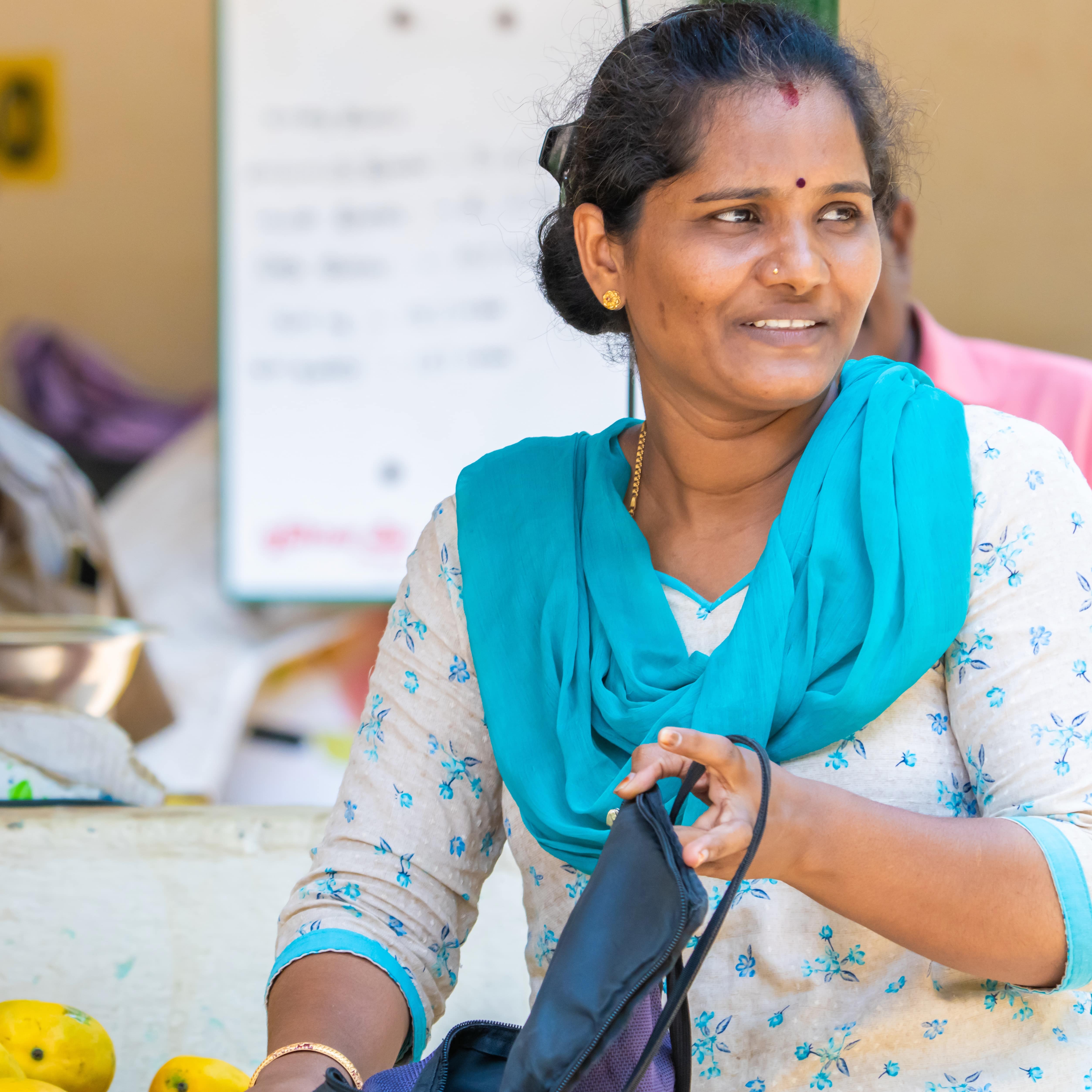Video
Website users will find more information about the topic in a short and informative video

Ensure healthy lives and promote well-being for all at all ages.

Achieve gender equality and empower all women and girls.

Ensure availability and sustainable management of water and sanitation for all.

Promote sustained, inclusive and sustainable economic growth, full and productive employment and decent work for all.

Build resilient infrastructure, promote inclusive and sustainable industrialization and foster innovation.

Reduce inequality within and among countries.

Make cities and human settlements inclusive, safe, resilient and sustainable.

Ensure sustainable consumption and production patterns.

Take urgent action to combat climate change and its impacts.

Conserve and sustainably use the oceans, seas and marine resources for sustainable development.

Protect, restore and promote sustainable use of terrestrial ecosystems, sustainably manage forests, combat desertification, and halt and reverse land degradation and halt biodiversity loss.
What we produce and consume – and the way we do it – is fundamental to our societies and economies. That is why circular economy is a core part of India’s and Germany’s cooperation. As partners, they reduce emissions, create sustainable livelihoods, and make cities and ecosystems cleaner.
A circular economy is an economic system focused on minimising waste and maximising resource efficiency. A circular economy designs products and materials to be reused, repaired, remanufactured, and recycled. With this approach, we reduce the need for new resources and decrease environmental impact.
India and Germany are strengthening circular economy approaches by developing best practices, supporting knowledge exchange, building capacities of people and institutions, and putting in place the right frameworks and incentives that allow successful approaches to work at scale. Such approaches include source segregation, home composting, community composting, bio-methanation, and municipal solid waste management. A key goal is to prevent litter from entering marine ecosystems. Both countries are also working to promote a circular economy of water through support to partner flagship programs focusing on water secure cities covering the entire water cycle.
Supporting circular economy is a strong contribution to the Sustainable Development Goals (SDGs), promoting practices that support long-term economic, environmental, and social well-being. By emphasising the reuse, recycling, and regeneration of materials, India and Germany are reducing waste and protect natural resources, directly contributing to SDG 12 (Responsible Consumption and Production). At the same time, circular economy approaches mitigate environmental degradation and support climate action, aligning with SDG 13 (Climate Action). Additionally, pursuing circular economy stimulates economic growth by creating new business opportunities, enhancing resource efficiency, as well as generating employment in recycling and remanufacturing sectors, addressing SDG 8 (Decent Work and Economic Growth). Ultimately, India and Germany are supporting a broader vision for sustainable development: to bring production and consumption in line with the health and well-being of people and our environment.

